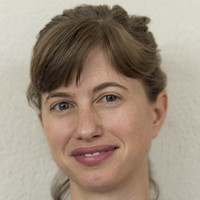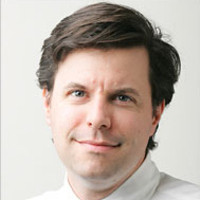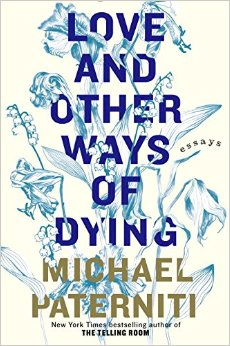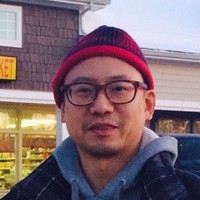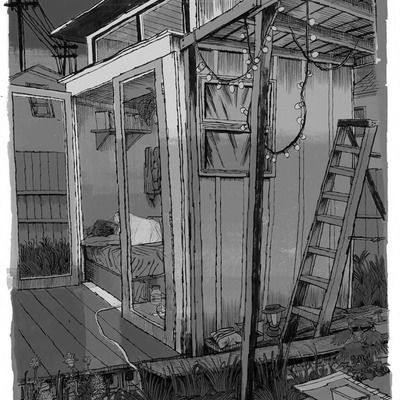Jiayang Fan is a staff writer for The New Yorker. Her latest article is a "How My Mother and I Became Chinese Propaganda."
"I think considering the unusual shape of our lives—the lives of my mother and I—from bare subsistence to one of the richest enclaves in America … it made me think about what the value of existence is. ... It made me wonder, What should a person be? And how should a person be? And being a writer has been a lifelong quest to answer those questions."
Thanks to Mailchimp for sponsoring this week's episode.


